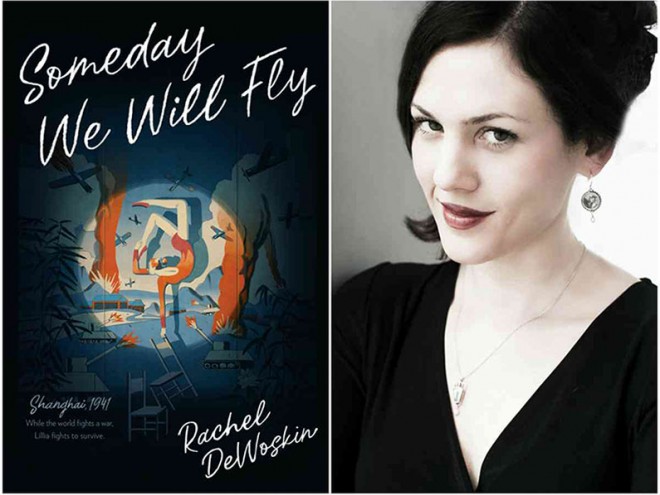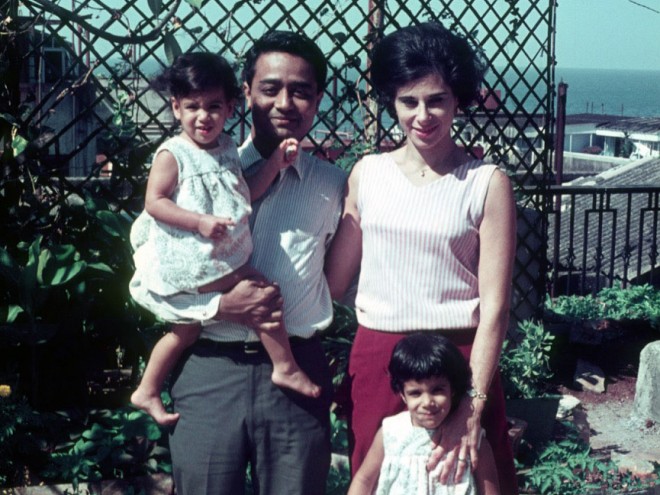What would cause a fifteen-year-old girl traveling with her mother to jump off a moving train and refuse to return to the country of her birth? In Ruth Rappaport’s case, it was instinct — a pure and profound vision of a reality that thousands of others were unable to grasp. The year was 1938, and the train was moving toward Germany. Over the next few years, under Nazi rule, millions of Jews would perish. Ultimately, her mother would be among them and Rappaport would not.
A Well-Read Woman tells the true story of personal turmoil, trauma and triumph that took place over the nearly nine decades of Rappaport’s life. Beginning in Leipzig, where she was born, and ending in Washington, D.C. in 2010, four years before her death at age eighty-seven, the book takes us on Rappaport’s journey from Europe to the U.S., Israel, Japan, and Vietnam and through her several successful careers, most notably as a journalist and then a librarian. Reading and books played a central role in Rappaport’s life, often pulling her out of despair, sometimes bringing her deep insight, always giving her solace and a place to belong. No matter what went wrong, no matter what changed around her, books were a welcome constant.
With skill and sensitivity, Kate Stewart weaves this biography together with her own quest for information and insight into her subject. The book delves with respect and care into the capacious journals, letters, diaries, articles and a lengthy oral history left behind after Rappaport’s death. It reveals small facts and large insights into her mind and heart through a deep study of the rich and detailed paper trail.
Rappaport spent most of her later professional career as a librarian at the Library of Congress in Washington, D.C.. Stewart is a third-generation librarian with a deep veneration for her colleagues and her chosen field, helping her understand the work pressures that frustrated Rappaport but also her motivation to bring her beloved world of books to the public. While the book idolizes Rappaport, it also glorifies the librarian profession.
Stewart tells us that Rappaport saw being a librarian as akin to being an agent of change. She was inspired to go to library school by the searing memory of the book burnings she witnessed firsthand in Germany in 1933, at the age of ten. She also recalled reading banned books and clandestinely sharing them with friends, defying the Nazis and building a sense of self that would enable her to survive the political upheaval that took away her home, her country, and her family.
We see how Rappaport was driven by a Jewish sensibility throughout her life, with a strong Zionist factor always at play, referring to her work in the library field as her own personal form of tikkun olam. Judaism is never too far buried in the narrative — we are always aware of it under the surface.
Overall, A Well-Read Woman is lively and chatty, entertaining, educational and well-researched, shedding light on the life of a little-known booklover who wanted to illuminate other people’s lives by making books accessible to them.
Linda F. Burghardt is a New York-based journalist and author who has contributed commentary, breaking news, and features to major newspapers across the U.S., in addition to having three non-fiction books published. She writes frequently on Jewish topics and is now serving as Scholar-in-Residence at the Holocaust Memorial & Tolerance Center of Nassau County.





